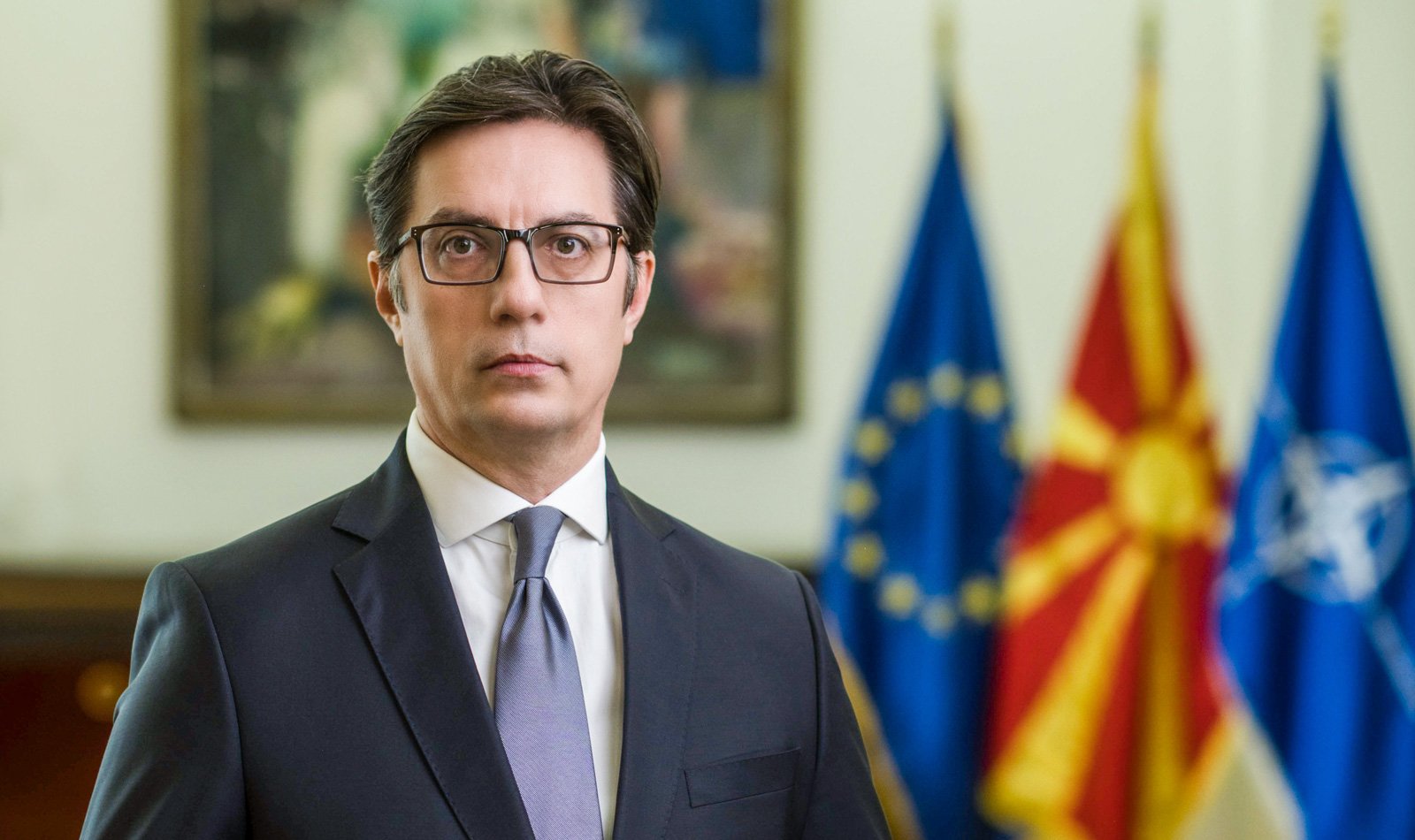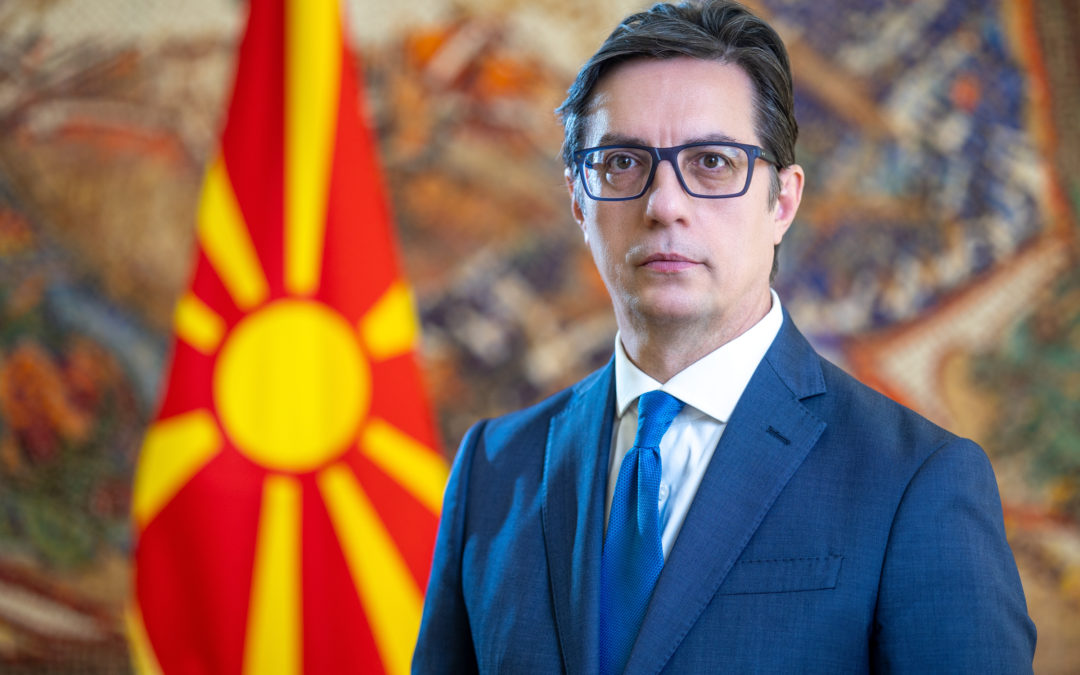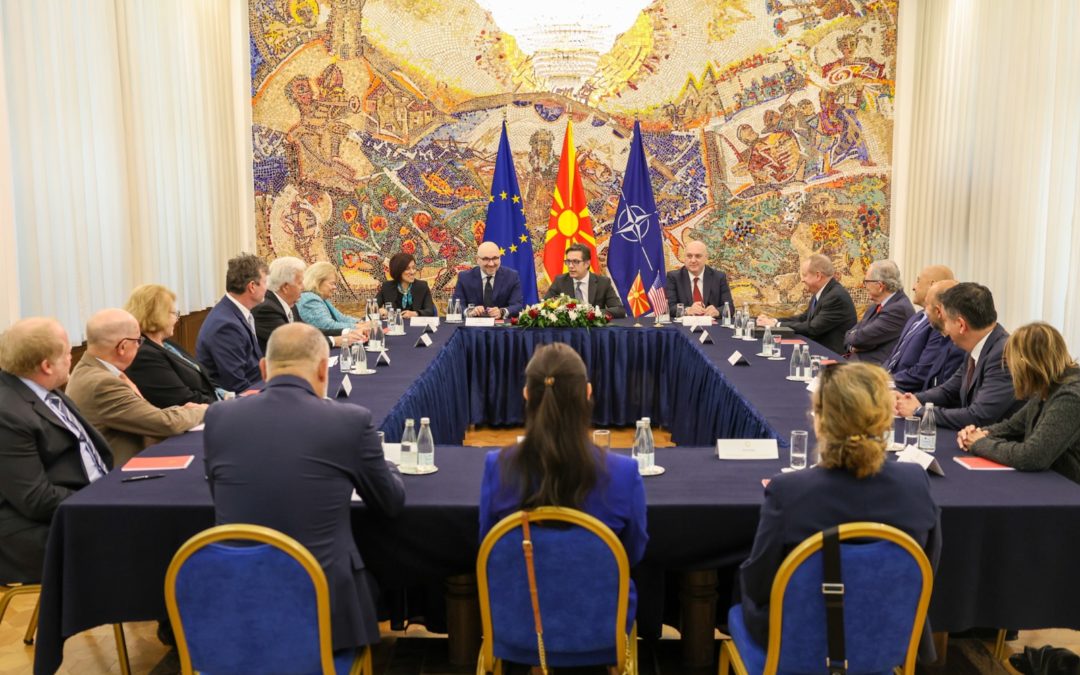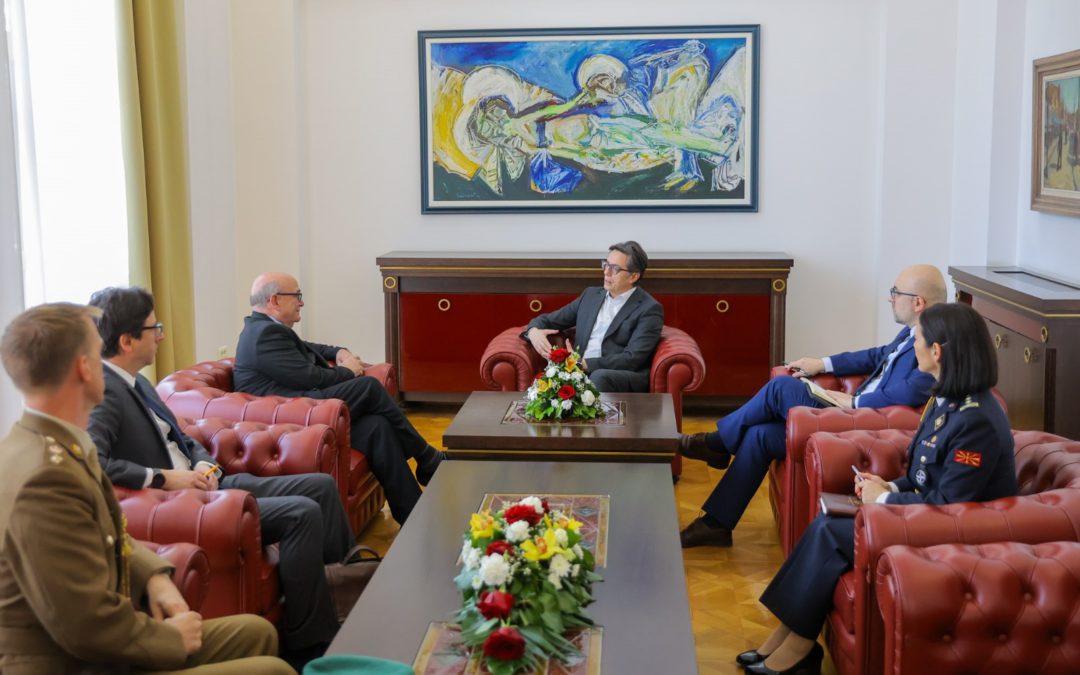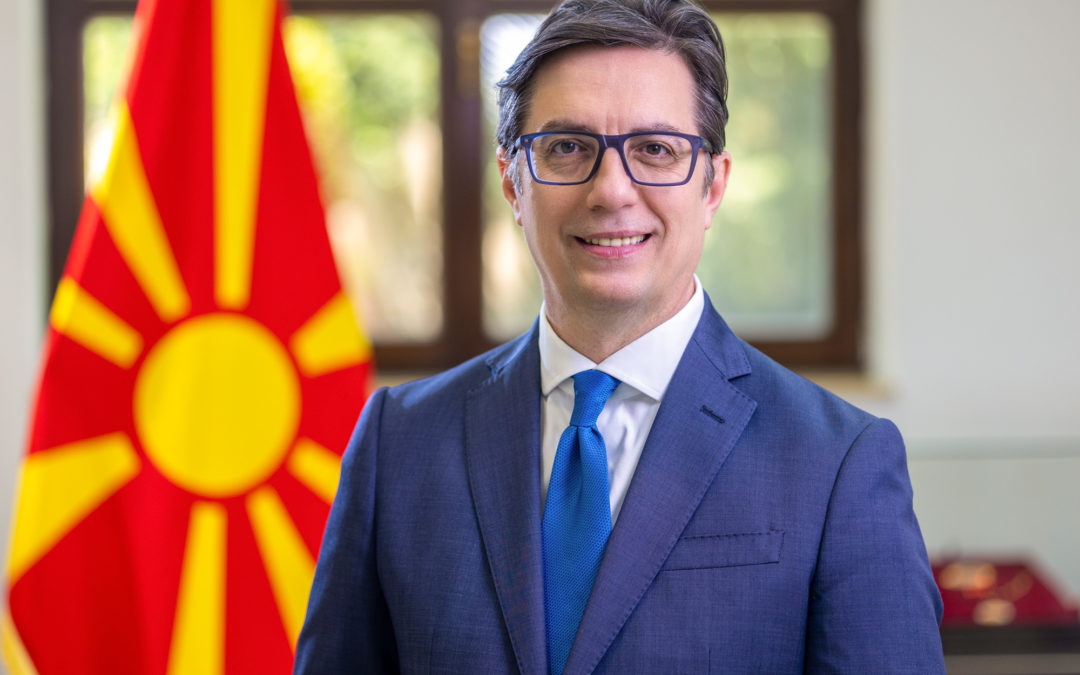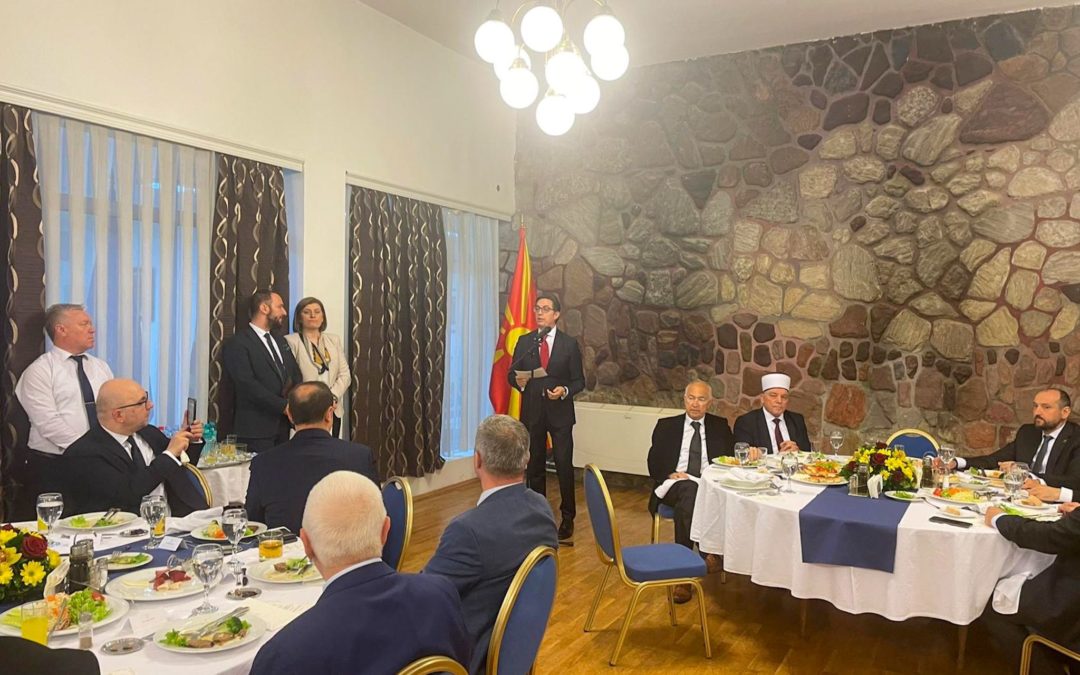You have just returned from the Munich Security Conference, which was attended by the world political and security elite. What are the assessments regarding the most topical issue, the Russia-Ukraine crisis: is the situation getting closer to a conflict or is there still a possibility for a diplomatic solution?
• In the face of the pandemic and the acute security crisis in Europe that has preoccupied the whole world, both in terms of the level of guests and the quality of the debates, the Munich Conference has retained its reputation as the premier security event globally. But, let me answer your question, which contains practically the answer: the situation is getting closer to a conflict, but there is still room for a diplomatic solution. Four lines of communication have been active between the Western Alliance and Russia in the past few weeks: first, the highest-level Washington-Moscow dialogue, then within the OSCE and the NATO-Russia Council, and so on and the Normandy format that has recently been revitalized. Each of them contributes to the establishment of the dialogue as a way of calming tensions, although the sound of weapons, unfortunately, is getting louder. The general assessment of our Western partners at the moment is that Russia will cause a military conflict in Ukraine, but there are different estimates and scenarios about the intensity of that military intervention and its geographical distribution.
In Munich, you had separate meetings with the leaders of some of the most powerful intelligence agencies – the German BND, the British MI6, the French DGSE. In their view, what are the biggest security challenges at this point globally, on European and regional soil?
• Politicians from smaller countries rarely get a chance to meet in two days with the directors of Europe’s three most powerful services, as well as with the leaders of Europe’s two most influential think-tanks – the Royal Institute of Foreign Affairs in London and the French Institute for International Affairs. Namely, these are the systems that, based on their information and analysis, practically create the basis for the decisions of politicians. Ukraine was the hot topic in all debates and talks; the above stated leaders did not hide their concern that Russia’s aggression against Ukraine, especially on a larger scale, could disrupt the security infrastructure in Europe created after the fall of communism. Although the Western Balkans is seemingly enough far away from that end of the world, it cannot be ruled out that in the event of such a development, tensions may increase in our region as well.
With the accession of the Republic of North Macedonia to NATO, the Intelligence Agency which is under your jurisdiction, has become an equal partner in access to information. How much have the safety standards been raised, how much has the efficiency increased?
• The very fact that the directors of those services agreed to meet me is a sign that they respect the efforts made by our country to join NATO and is certainly an expression of respect for the work of the Intelligence Agency, which has undergone significant transformation and reform from the time when, during the previous government, it was abused by the party for political purposes which culminated in its role in the tragic events of April 27, 2017.
Rumen Radev was not in Munich, but you met there with the Bulgarian Prime Minister, Kiril Petkov. What is your impression – will the success of the working groups to break through the European agenda be more important or will the historical issues prevail again in the end? You announced that you will meet with the Bulgarian President soon. Has the meeting been agreed yet?
• Regardless of the fact that the two governments are leading the negotiations, I wanted, once again, to express my views on some issues and aspects of the negotiations that the Macedonian public knows and which we talked about with the Bulgarian Prime Minister during his visit to Skopje. The meeting with Petkov was open and constructive, and I supported the new approach in solving the problem with the formation of the five commissions and the joint sessions of the government. However, my thesis, the one that I said publicly two and a half years ago, and time has confirmed it, is: if the two countries focus on historical topics and at their expense marginalize talks on the economy, energy connectivity, infrastructure, people-to-people contacts and accessibility on national media on a reciprocal basis, an agreement will be very difficult to reach. Regarding the meeting with President Radev, there is regular communication between the two cabinets, but we jointly concluded that in this period the talks between the two governments and the Ministries of Foreign Affairs should be given a chance.
Do your European interlocutors take into account the potential risks, if the new approach in the talks does not result in unblocking of the Bulgarian veto. What would that mean for us, for the region?
• Let’s make it clear. If the Bulgarian blockade is not lifted in due time, there are no security risks for us. Of course, we want a quick unblock because membership negotiations have been repeatedly confirmed as a useful tool for reform and progress in key areas: economy, rule of law, professional administration, independent judiciary, fight against corruption, but territorial integrity is beyond discussion of any developments. Otherwise, negative effects of the blockade are already visible in our country in the European integration support which has decreased by about 20 percent in the last 18 months. Indirectly, it will have an impact in the region as well: if the country that made a difficult compromise with the Prespa Agreement does not progress, it will be very difficult to convince the countries that still have open issues with their neighbors to follow that example.
The domestic public is disappointed that relations with Bulgaria have been deadlocked for a long time, but on the other hand, our domestic affairs are also deadlocked: government-opposition relations, quarrels over the Goce Delchev declaration, blocked laws… You are not limited to one address per year in the Assembly. Do you think that you should use that right even in such situations?
• The divisions between the political parties, and, unfortunately, among the citizens are getting deeper and that gap cannot be bridged with one address more in the Assembly or with the so-called leadership meetings. If it were beneficial, I would have addressed the legislature every week by now. Although the reasons for the divisions are structural and have persisted for many years, the tensions rose sharply late last year after a failed attempt to form a new parliamentary majority and practically escalated into a blockade of the Parliament that could not complete for months the composition of, for example, one of the most important institutions in each country – the Constitutional Court. We need a much higher level of political culture, responsibility and tolerance of political leaders towards each other, because if we behave in such a way, citizens will not behave much differently.
An embarrassing “episode” with a name for a Consul-General last week raised the issue of vacant ambassadorial posts. Does the Republic of North Macedonia feel comfortable to be without ambassadors in key centers, one of which is Washington?
• Immediately after the election of the new government, we agreed with the Prime Minister and the Minister of Foreign Affairs within a reasonable period of several months to fill the vacant diplomatic positions, some of which, due to their importance or current context, must not be vacant a day longer, such as the embassies in Washington, Beijing, Ankara or Sofia, as well as the missions in the European Union in Brussels and the United Nations in New York. Now, the first move is to be made by the government by submitting a list of candidates for heads of missions, and I will do my part of the work in the shortest possible period, as in all previous nominations. At the same time, I do not expect to encounter obstructions again from the competent committee in the Parliament, because in this situation the state interests must be above the personal and party interests.
